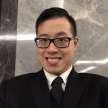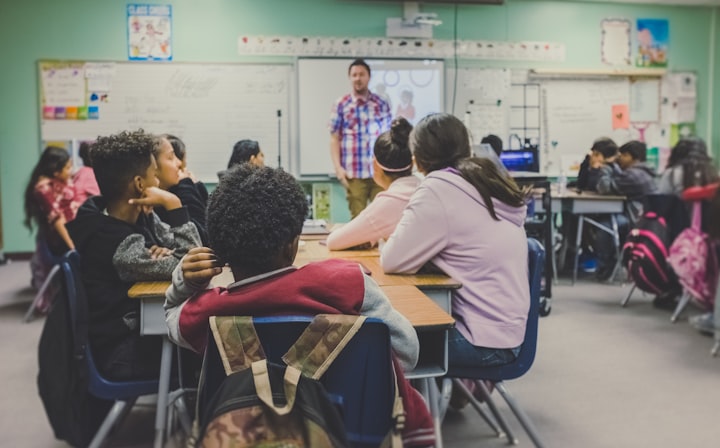Education Is A Two Way Learning Street For Information Processing
The roles of the educator and the student can be reversed at times, too!
Many of us do go through the student-educator cycle in various stages of our lives. When we’re children, we pack our bags for school, and we come into contact with various teachers who educate us on various different subjects, such as mathematics, history and chemistry.
That cycle continues throughout most of our formative years all the way until we go out into the working world. When we do become experts or gain enough experience working on something, we’re then called upon to train our colleagues/co-workers in our field of expertise.
That being said, though, there are times when the roles are actually reversed.
I had a conversation with one of my students in chemical engineering recently. He was asking me if doing an internship in the oil industry would preclude him from applying for jobs in the semiconductor industry in future.
As such, I did ask him why he thought that way, and how would he respond if he did find himself in such a situation where he would be interviewing for a job in the semiconductor industry after having completed an internship in the oil industry?
Bearing in mind that he’s only 19, he had a pretty good response:
After going through my internship, I came to the conclusion that I do not have interest in the oil indsutry and me having a keen eye for technology wants to jump into the semicon industry.
Because yes, when we’re 19, we don’t really know what is out there in the working world. Me being nearly twice his age would have seen more than him, so I asked him — what if we rephrased your response to this instead:
I thought all along that chemical engineering was all about oil & gas, and so I went with the flow of oil & gas… but then I had friends who went into the semiconductor industry for their internship, which to me was something completely unexpected, and they came back after their internship talking about how useful it was to their overall chemical engineering experience?
He thought it sounded more profound and relatable.
And that, to me, was educating him on how marketing himself and phrasing his responses in specific ways can give him an (albeit unfair) edge over other potential candidates. After all, every prospective chemical engineer studies the same core content — but what really sets people apart is how they respond in their interviews/interactions with other people/potential colleagues.
And that’s where I learnt something new as part of my introspection.
I’m the kind of person who doesn’t really bother about what people say about me, especially if it pertains to things that don’t really matter to me — especially if I do get some seriously weird or irrelevant comments on my Medium articles.
One has to be thick-skinned when they’re placing themselves up for public scrutiny — whether it’s an interviewer asking the difficult questions that we hesitate to answer, or conducting a sales pitch, or even just publishing online articles regularly.
Unfortunately, with that thick skin does come a disregard of what other people may think, especially if I don’t deem that as important. (CEOs who had to do mass layoffs also had to be thick-skinned and disregard the feelings of the employees who were being laid off, but that’s another story altogether. They wouldn’t deem the feelings of the employees that they laid off as being particularly important.)
But of course, it did matter to my girlfriend’s parents.
How I phrased a response mattered significantly, because it would give them an impression about how much I cared about something.
It didn’t please them when it looked like I didn’t really care about certain things that I deemed as unimportant — culturally, they had a set of household “rules and regulations” that my own family did not have, so having to be a part of it was rather annoying to me at the start.
Because why do I have to do something if I deem it as unimportant since my own family didn’t deem it as important?
So while my student did learn something new about developing his own interview skills for his future career, I did learn something new about that conversation with him — and that, really, is to be able to market myself better.
It’s not about being the most technically gifted or the most academically intelligent person — but what am I doing to give people the most positive impression of myself?
That’s why this two-way learning street of education is becoming so much more interesting to me. Even as I educate in my day job, I continue learning new things, and I would be challenging myself to not stop learning each day!
Joel Yong, Ph.D., is a biochemical engineer/scientist, an educator and a writer. He has authored 5 ebooks (available on Amazon.com in Kindle format) and co-authored 6 journal articles in internationally peer-reviewed scientific journals. His main focus is on finding out the fundamentals of biochemical mechanisms in the body that the doctors don’t educate the lay people about, and will then proceed to deconstruct them for your understanding — as an educator should.
This article was originally published in Medium.
About the Creator
Dr Joel Yong
Engineering biochemical support strategies for optimal health. Subscribe to my mailing list to not miss out on the latest content!







Comments
There are no comments for this story
Be the first to respond and start the conversation.